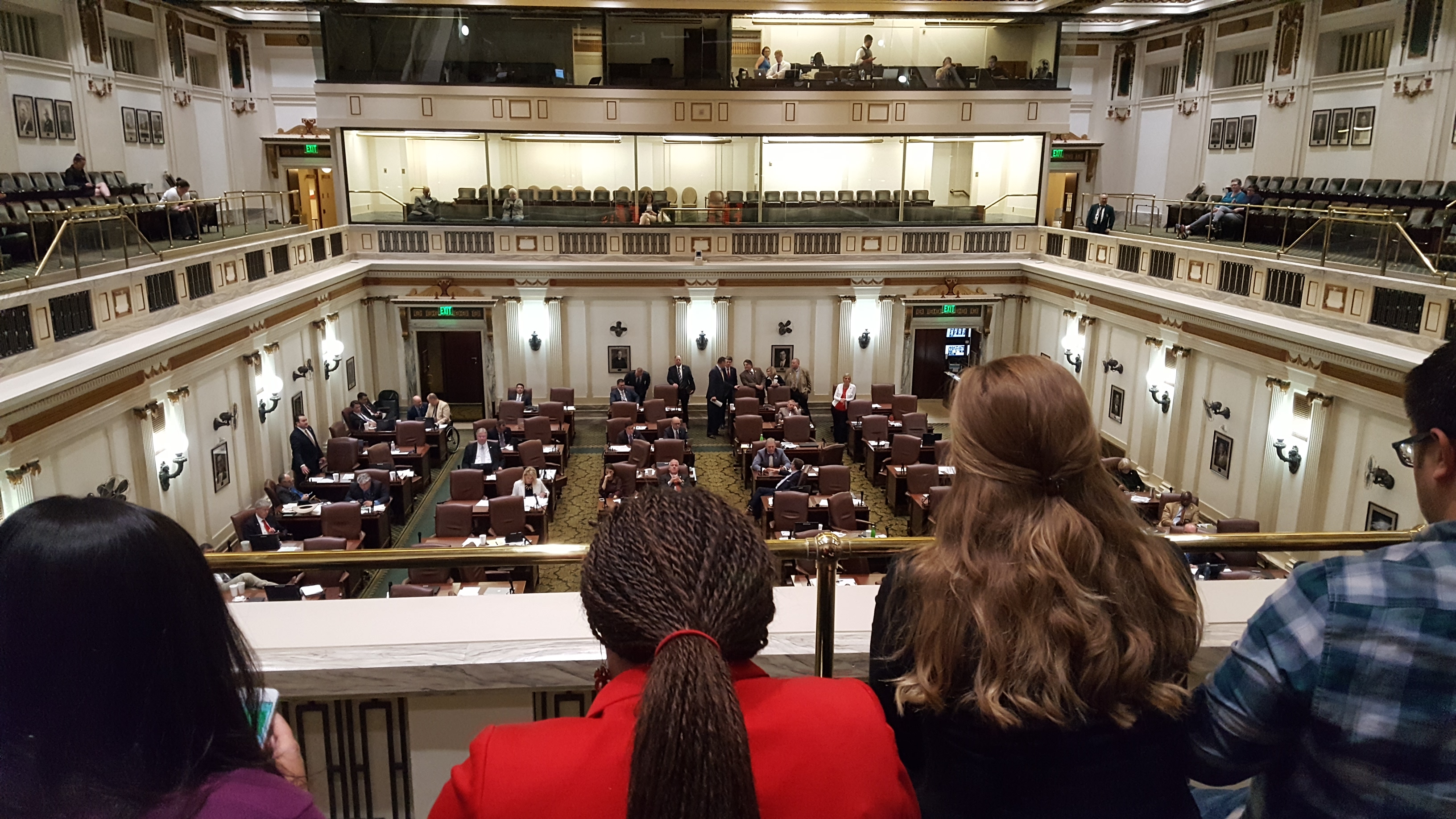
Does this sound familiar?
You hear about some out-there proposal at the state Legislature, or you know about some good idea that’s not getting done, and you get inspired to mobilize – to speak up so our elected officials will hear you.
What do you?
The first answer that comes to many of our minds is “Let’s march to the Capitol and have a rally!”
A crowd waving signs is what so many of us associate with politics. We look back to those dramatic, history-making marches from the Civil Right movement, and think that’s what you do to make a difference.
But is that the only or the best option?
You might think about it like this: when someone from work, in your family, or at your school has an issue they need you to hear about, what’s the most effective way for them to communicate with you? Should they give a call or text? Write you a letter or email? Maybe drop by for coffee?
What if before they did any of these things, they showed up on your front lawn holding signs and yelling loud enough to wake the neighbors? It seems like an odd way to come at it, right?
Remember, politicians are people too. Here are some tips on the best ways to communicate with them as people and really get your voice heard.
- Calling your legislators and setting up a meeting to talk with them is perhaps the strongest method of communication. This ensures that you get their undivided attention, even for a very brief amount of time. Even a few minutes is enough to tell them who you are, why you appreciate them, what is important to you, what you want them to do, and how you are going to follow up.
- If you have trouble pinning down a time for a scheduled meeting, visiting the Capitol with friends and going by the offices of both your House Representative and your Senator to have this same conversation either with the legislator or with their aide can be a very strong way to communicate. The staff of your legislator will take notes about you, your concerns, and the fact that you took the time to actually come to the Capitol and talk to them.
- Hand-written letters show time and consideration. Folks who write letters are also the kind of folks who usually vote. When you write to tell them who you are, why you appreciate them, what is important to you, what you want them to do, and how you are going to follow up, you are making a clear statement that you understand that their job is important to what happens in your daily life. Legislators will usually respond to your letter, and even if they don’t agree with you, they take note of how many people write to them expressing opinions about each issue.
- Calling your legislator on the phone is something most of us have done at one time or another. This tool is perhaps most effective when it is a follow up to a face-to-face visit or a hand-written letter, because you can refer back to the earlier conversation and remind either the legislator or their staff member about your specific concerns. Don’t feel discouraged if you talk to staff instead of talking to the legislator directly. The staff who answer the phone take notes on exactly how many constituents call about which positions on each issue. Also, don’t hesitate to call if you’ve never made other contact. Sometimes a flood of last moment calls can cause a legislator to think more about an issue than they would have otherwise.
- Communicating by email is fast, easy, and cheap. Many of us do it every day, and when you don’t have much time to spare this can be a good way to let your legislator know who you are, why you appreciate them, what is important to you, what you want them to do, and how you are going to follow up. Legislative staff members usually read these emails and take note of how many they get. The more they can tell that the email was from you specifically and not just an auto-generated response from an organization, the more weight that email will have. That is why it is important to personalize what you write, even if you start with a pre-written template.
- Signing a petition or automated letter is another big step away from personalized communication that takes time. This is not the most impactful way to make a connection with your legislator. It might be better than nothing, but it is no substitute to your visits, personalized letters, or phone calls.
- We’ve left public demonstrations and rallies for last for good reason. The rally has a different purpose than the other six communication strategies above. When you rally you are perhaps aiming to boost the morale of the troops by gathering everyone in one place to show how many people care about a certain issue. Oklahoma’s 2014 rally for school funding was the biggest in state history, and it certainly made a powerful impression. But even a rally of that size only works as part of a much larger campaign that dedicated parents and educators have been working on for months before and since.A rally can be a useful tool in a larger campaign, but it should never be taken as the core of a communication strategy. Unless your legislator already agrees with your issue or is on the campaign trail, they are unlikely to even see your rally or pay close attention to the message you wanted to deliver. Even if you go inside and talk to the legislators and hand them fliers, a rally doesn’t have the same effective communication power as the other six tools in this list — UNLESS the campaign has already included a lot of the other six items leading up to it.
I know that last point may be hard to hear, because many of us who are passionate really like the energy of a rally. Your legislators are supposed to be on your team. They were elected by you and your neighbors to represent you. Treat them like they are ordinary people who will listen to your respectful tone, personal story, specific request, and desire for an ongoing relationship. If they don’t meet your expectations, you have the opportunity to give them feedback. If they still don’t meet your needs, you can work on a campaign to replace them with someone who will.
To briefly review:
- Talking to your legislator is about building a relationship with good communication.
- Face to face is the strongest way that humans communicate to build empathy with each other.
- A hand-written letter builds rapport and strengthens communication by showing you are willing to take the time.
- A phone call counts and it gives you a great way to follow up with your visits and letters.
- Emails can also be a good follow up and especially if they are personalized.
- Form emails and petitions count in numbers and are always better than nothing. Sometimes these can be important nearing a vote that was already going to be close.
- A rally serves some specific purposes for building morale and/or supporting a message that has been clearly communicated time and again with the top six strategies.
In case you missed it find your legislators’ information HERE and while you’re at it share this with a friend.







